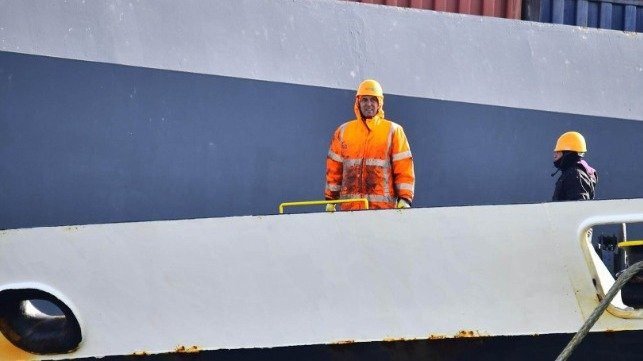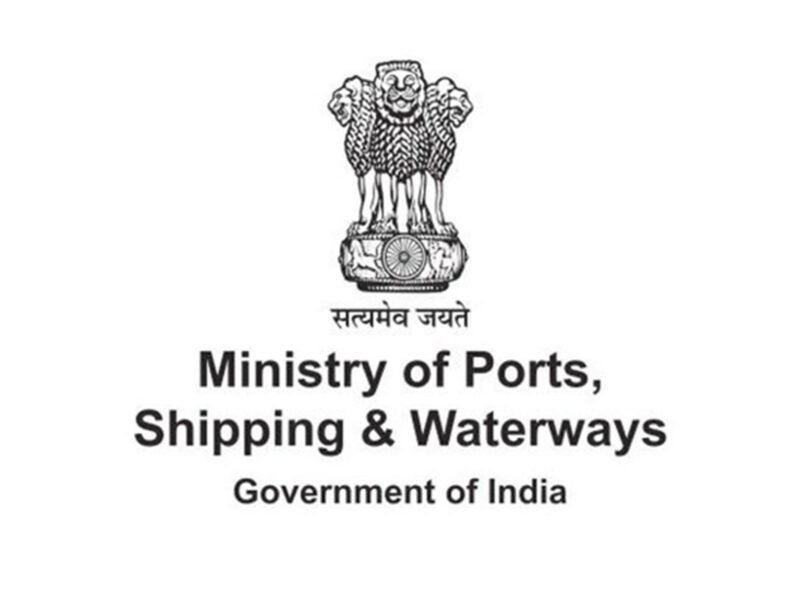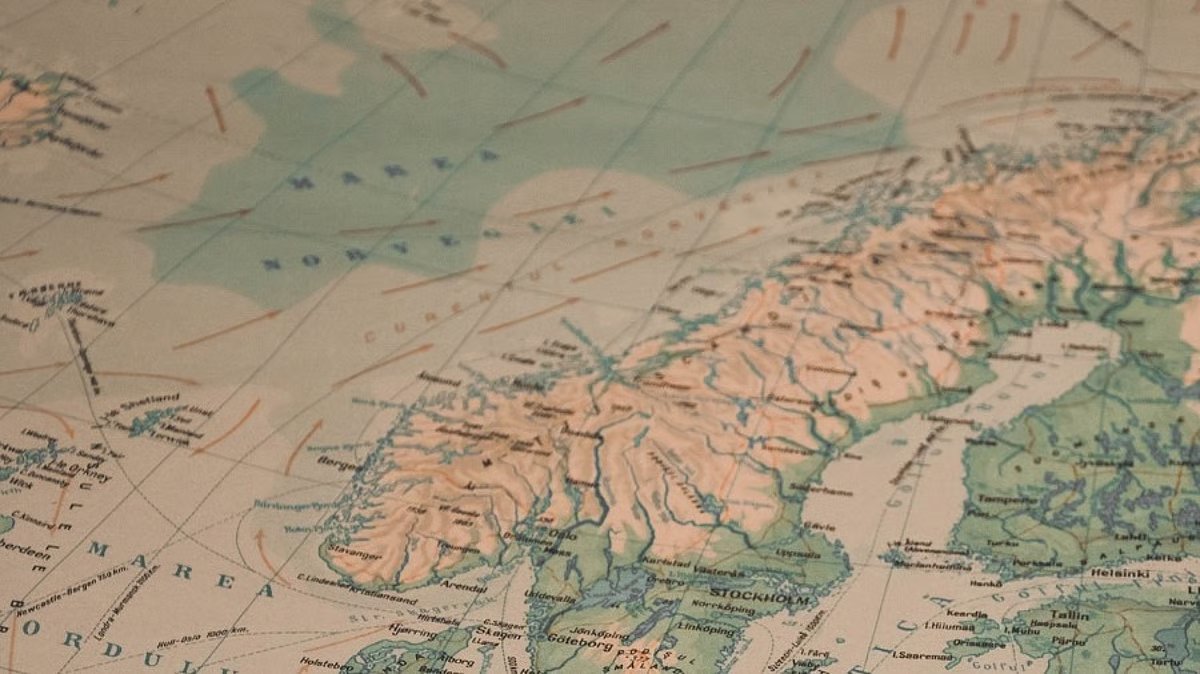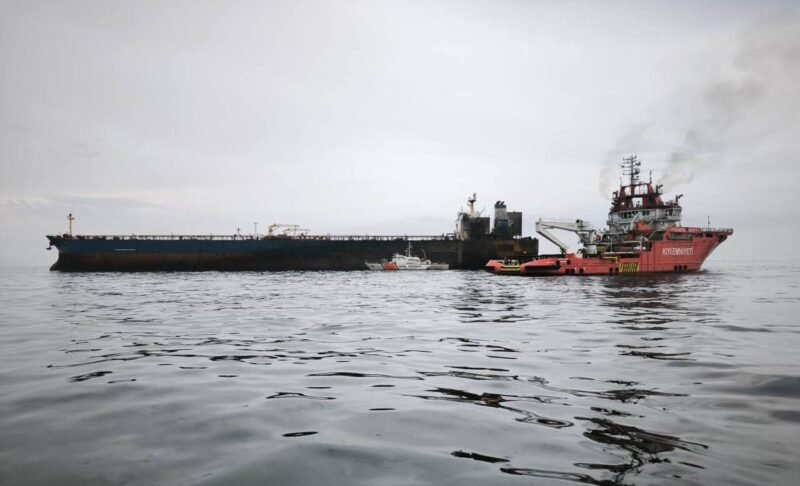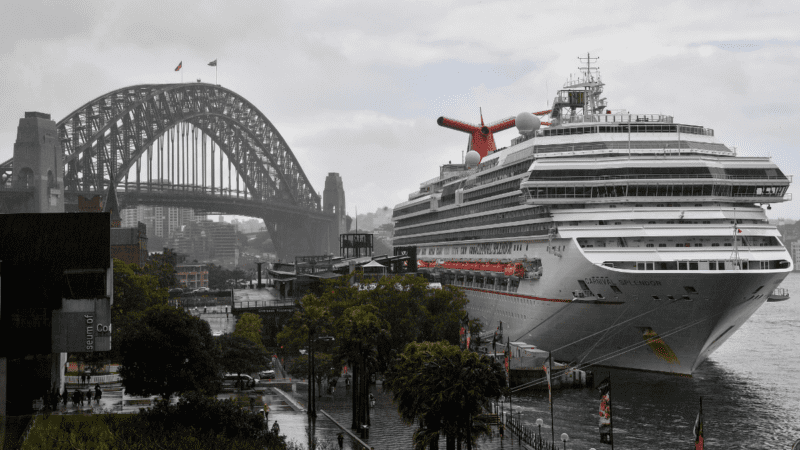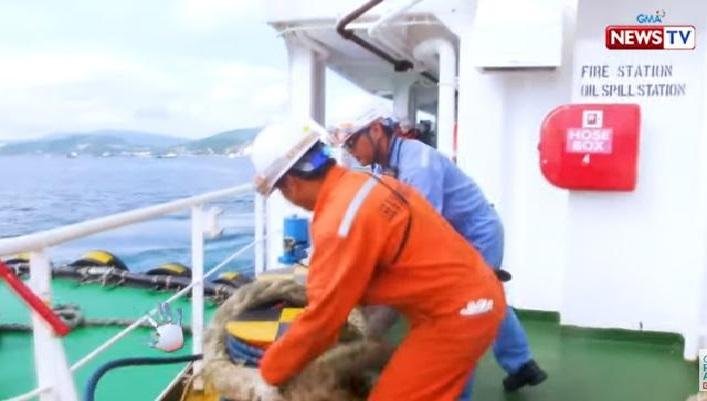In 2024, the International Transport Workers’ Federation (ITF) reclaimed A$30.7 million in unpaid wages for seafarers, building on a record A$31.9 million recovered in 2023. This recovery reflects a disturbing rise in labor rights violations aboard international cargo vessels, which significantly impacts Australia’s A$138 billion iron ore export sector. Seafarers face severe challenges, including inadequate food, contaminated water, and wage theft.
The Australian Maritime Safety Authority (AMSA) has taken action, conducting 2,264 inspections and addressing 169 complaints under the Maritime Labour Convention last year. AMSA has banned access to 10 bulk carriers since 2020 due to poor conditions and wage theft, including the infamous case of the Liberian-flagged MSXT Emily. Despite these efforts, advocacy groups describe seafarers as an “invisible workforce” enduring systemic issues.
The Port Hedland Seafarers Centre, Australia’s largest, supports 10,000 crew members annually, distributing care packages and raising public awareness of seafarers’ vital role in the economy. Major resource companies, including Rio Tinto and BHP, are acting to combat modern slavery risks by adhering to the International Labour Organisation’s regulations and improving safety standards. However, advocacy groups emphasize the need for enhanced public awareness and sustained regulatory oversight to protect seafarers’ rights.


